Contemporary Classics
July 16, 2013
Text by Maria LaPiana
In its Torrington workrooms, The New Traditionalists embraces classic style—with a modern twist.
The desire to sink into Sofa no. Sixty-Six is overwhelming. It’s like falling in love with someone hip and handsome—who happens to be well mannered, with a fine pedigree he doesn’t ever mention and an old soul that makes you feel as though you’ve known him forever. Bed no. Ten Forty? Let’s not even go there.
These and other pieces from The New Traditionalists trigger lots of longing and delight. This is furniture influenced by classic designs both useful and beautiful, interpreted with a modern sensibility—but manufactured the old-fashioned way, by hand, using locally sourced hardwoods and beautiful water-based finishes.
Founded in 2009, the company’s SoHo showroom befits its contemporary appeal. But while every piece is designed in New York City, it is all made just over two hours away, in Torrington. “We knew we wanted to manufacture in the U.S.,” says Brady Wilcox, founding partner and chief creative officer. “It was less a patriotic sentiment, but more of a proximity thing.”
In Connecticut, he found an abundance of twentieth-century manufacturing facilities. “I liked the idea of resurrecting a building like that. The one we found was originally built in 1897,” he says.
Along with fabulous old factories dying to be tapped for adaptive reuse, Wilcox and his partners also discovered a workforce of trained craftsmen well equipped to staff the enterprise.
The New Traditionalists employs some thirty-five full-time workers in Torrington, including artisans trained in traditional painting techniques, woodwork and furniture restoration. They value what Wilcox calls Old World furniture-making techniques, which means they build hardwood frames using custom joinery methods, hand-tied upholstery and hand-rubbed finishes.
The company also cross-trains its workers. “Everybody learns about everything and is extremely involved in every part of producing a piece of furniture,” says Wilcox. “The people who work for us become experts.”
The design team spends time at the factory at least two to three times a week. “One of our biggest commitments to the brand is our connection between the design studio and the shop floor,” Wilcox explains. “We don’t just sketch something and send it over to them; we are active and collaborative from start to finish.”
The New Traditionalists is run by the same folks who brought us ducduc, a modern line of children’s furniture, in 2004. It was a natural evolution. “After a few years of success with ducduc, our team set out to conquer the rest of the home,” says Wilcox.
Several of the company’s founders, which include Philip Erdoes, David Harris, Rebby Gregg, Bob Lasko and Wilcox, had worked in fashion, and all of them shared a vision for furniture they couldn’t find anywhere else.
“There was a void in the market for quality furniture that was traditional in style and silhouette but new, modern and interesting in the details,” says Wilcox. “We also believed strongly in the beauty of the wood, and wanted to develop interesting finishes for our pieces.” He’s fond of saying, “Traditional and cool are not mutually exclusive.”
The furniture the company makes is classic in line and form, yet inventive, innovative and slightly irreverent. “We don’t ever set out to design a single piece, but rather a collection and the setting our pieces would inhabit,” Wilcox says.
Ideas often come from people who work for the company. “We have standing weekly lunches where the staff gets together and can discuss anything and everything and throw around ideas,” says Wilcox. “That way, the company rejuvenates itself in a way.”
Every piece is numbered, not named, as in Chair. no. Twenty-Nine (not to be confused with Chair no. Twenty-Nine. Two). The finishes are exquisitely applied and the upholstery of the highest order (if surprising at times—that’s why they are the new traditionalists). Not to worry if you don’t care for the combinations on display in the showroom or online; you can have it your way. “We have been really pleased with the clients’ embracing of the customization possibilities with our furniture,” says Wilcox. “We definitely have our own vision, but it’s so interesting to see how other people choose to make our pieces.” •
The New Traditionalists Torrington and New York City (212) 226-1868 thenewtraditionalists.com.
Share
![NEH-Logo_Black[1] NEH-Logo_Black[1]](https://b2915716.smushcdn.com/2915716/wp-content/uploads/2022/08/NEH-Logo_Black1-300x162.jpg?lossy=1&strip=1&webp=1)






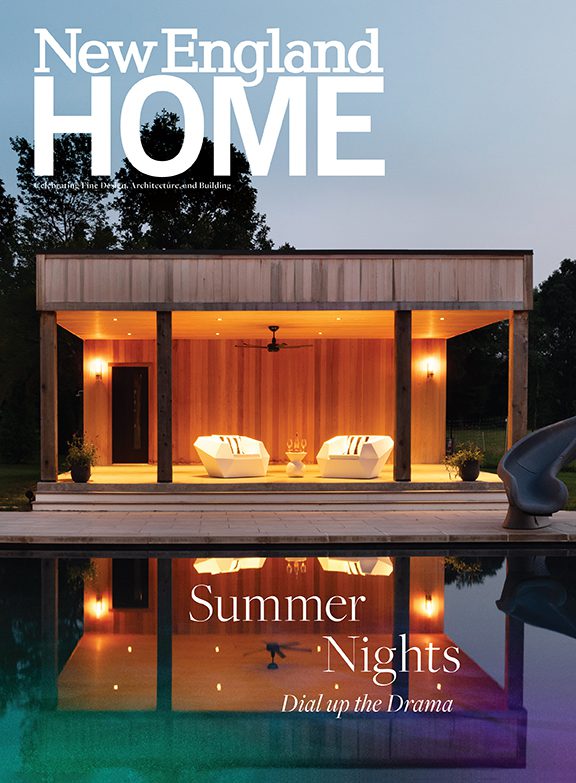

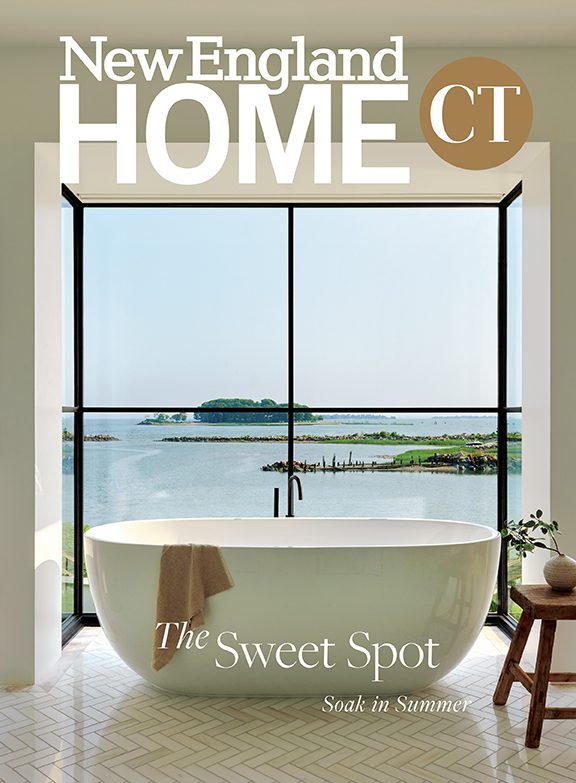


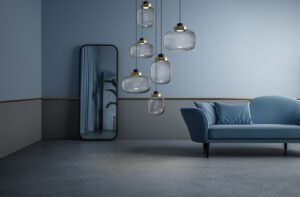

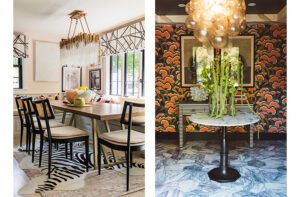
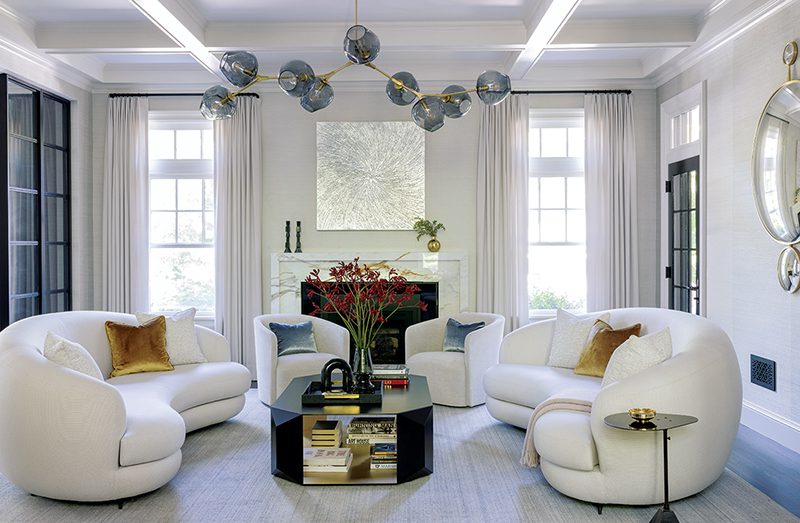
You must be logged in to post a comment.